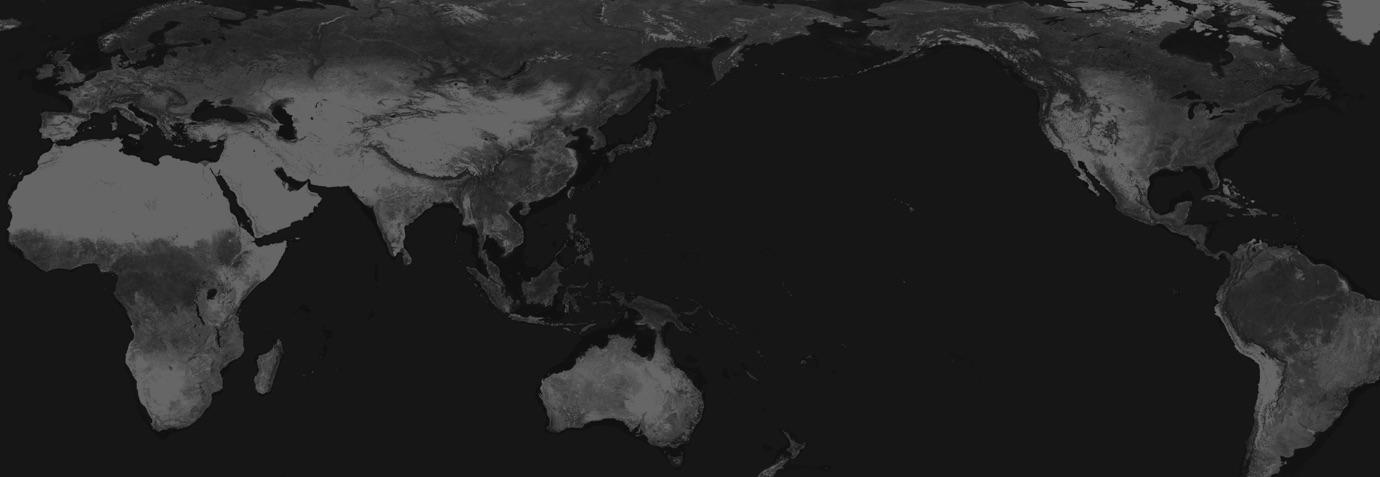Page last updated
14 December 2021
Cholera is an acute (sudden onset) disease with symptoms of severely, watery diarrhoea (“rice-water stools”) and vomiting. This causes rapid fluid loss, leading to dehydration – which can be fatal. However, some people experience only mild symptoms and some none at all.
Cholera is caused by the bacterium Vibrio cholerae, which is found in water and soil contaminated with faeces (poo). Therefore, cholera is acquired by eating food or drinking fluid that is contaminated with faeces.
The best way to prevent getting cholera is to practice good personal hygiene, and ensure food and water is not contaminated with faeces. While cholera is generally not found in Australia (only a small number of cases have been reported, and almost always in relation to overseas travel), if you are planning on travelling to a country that is at risk of a cholera outbreak, precautions are important to consider.

